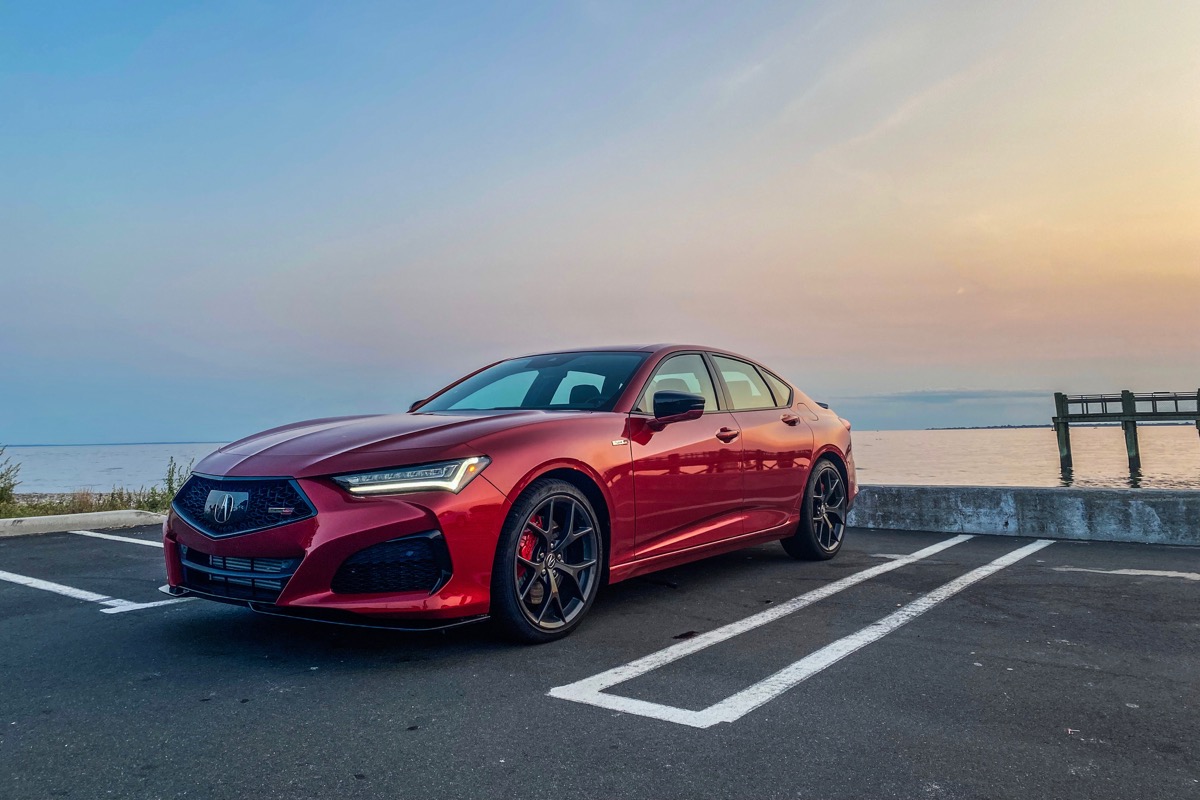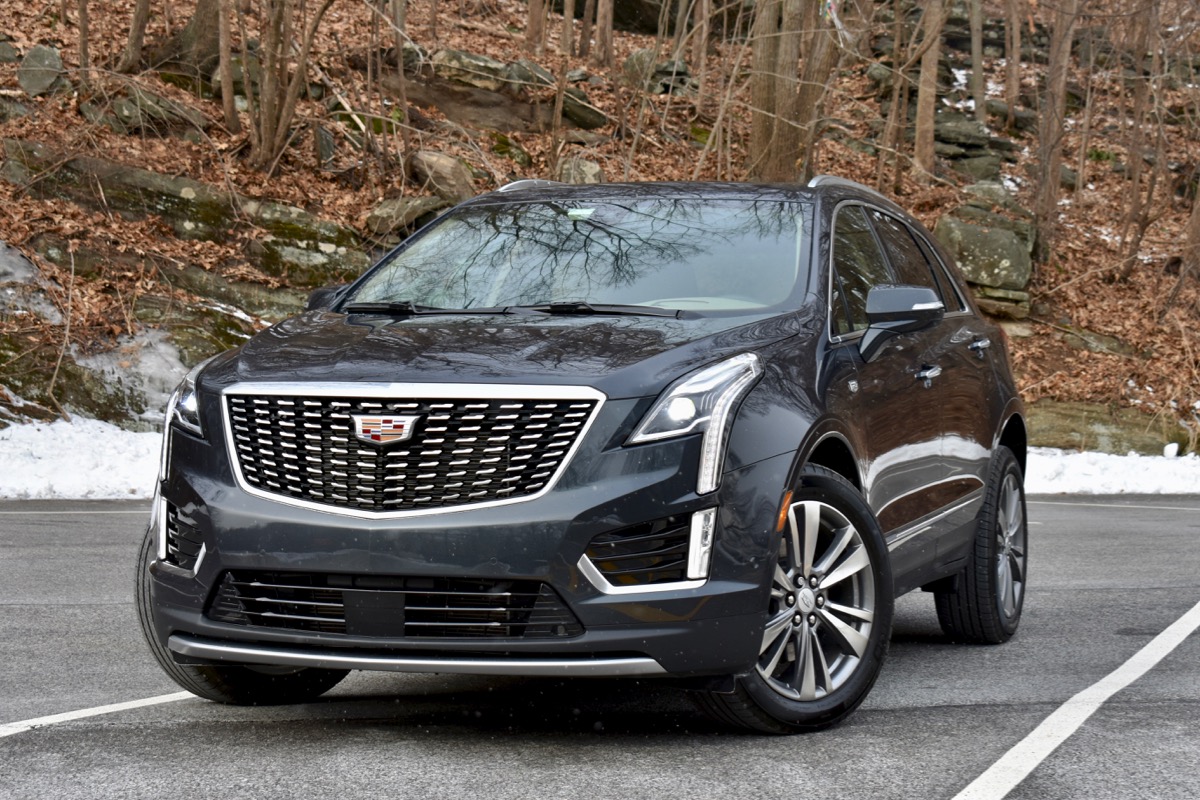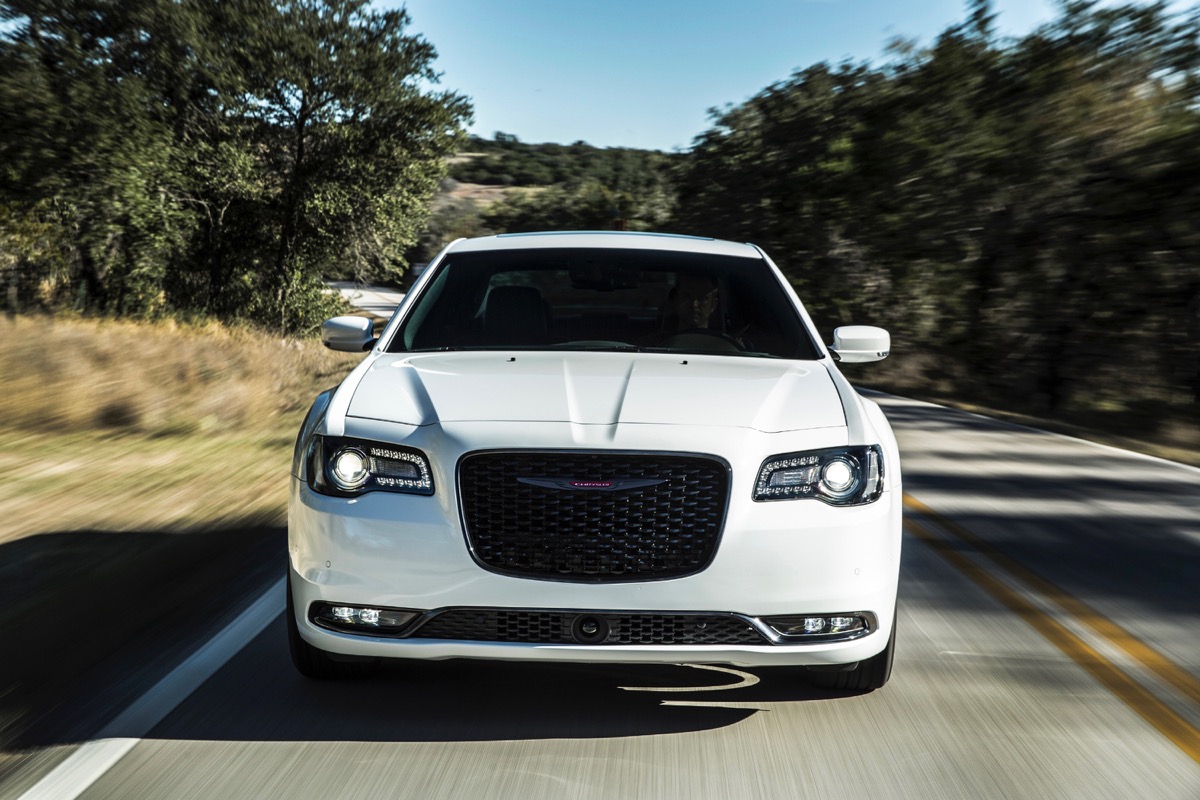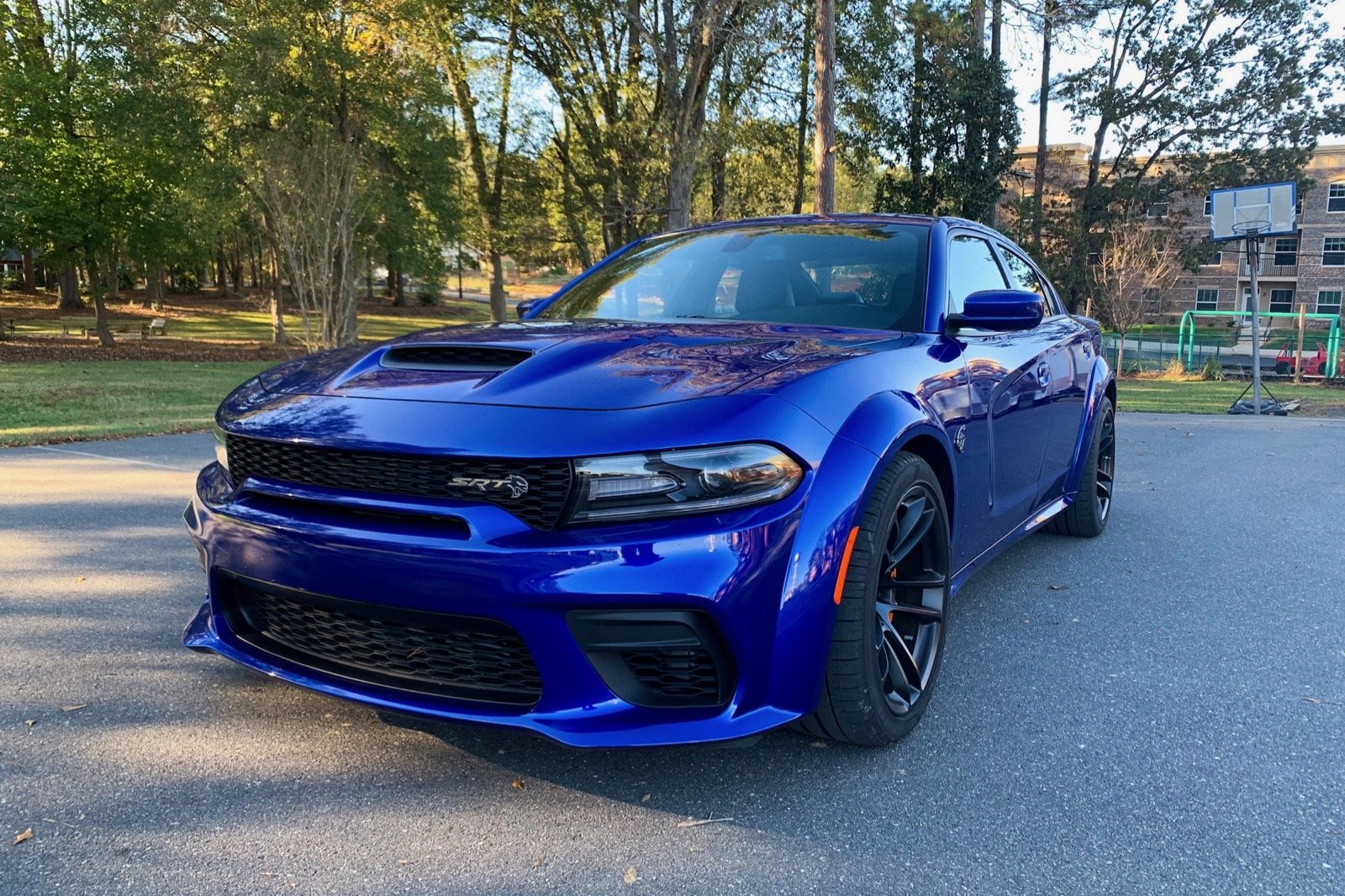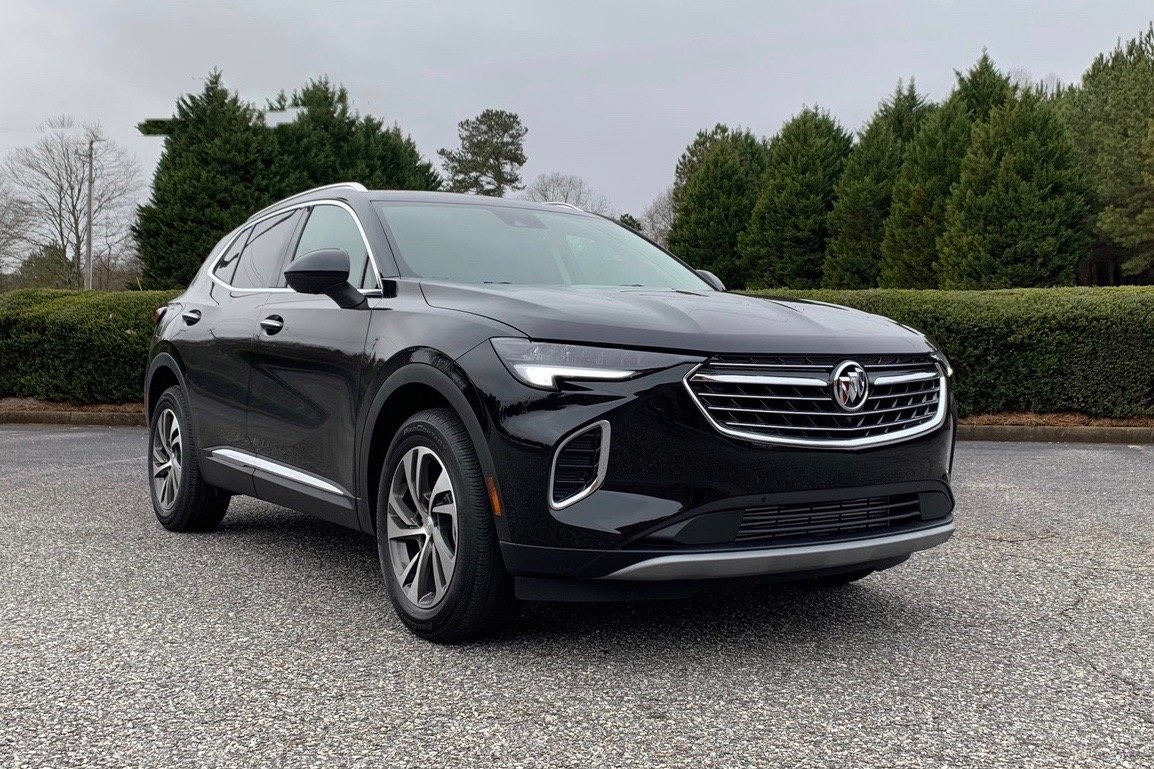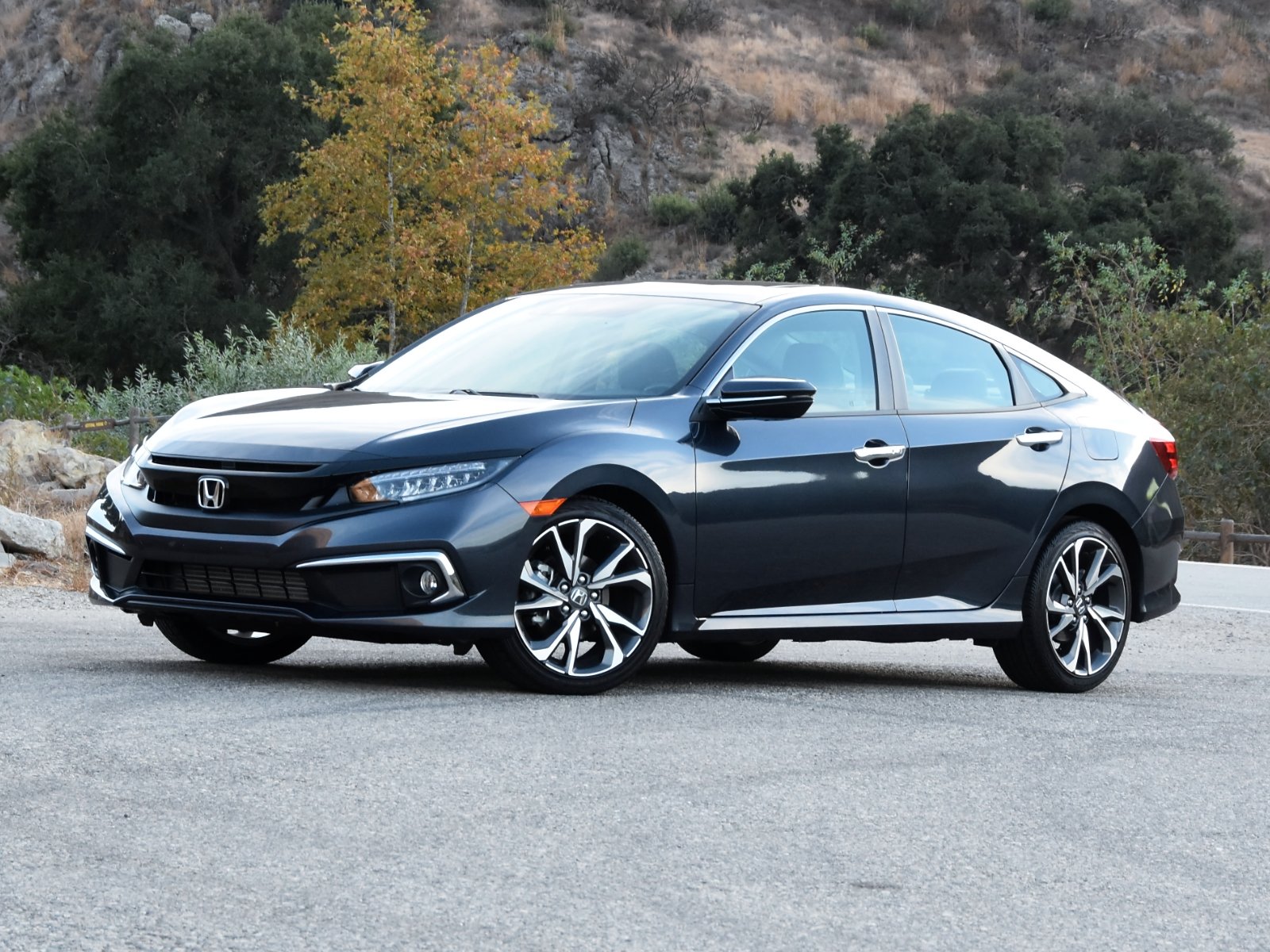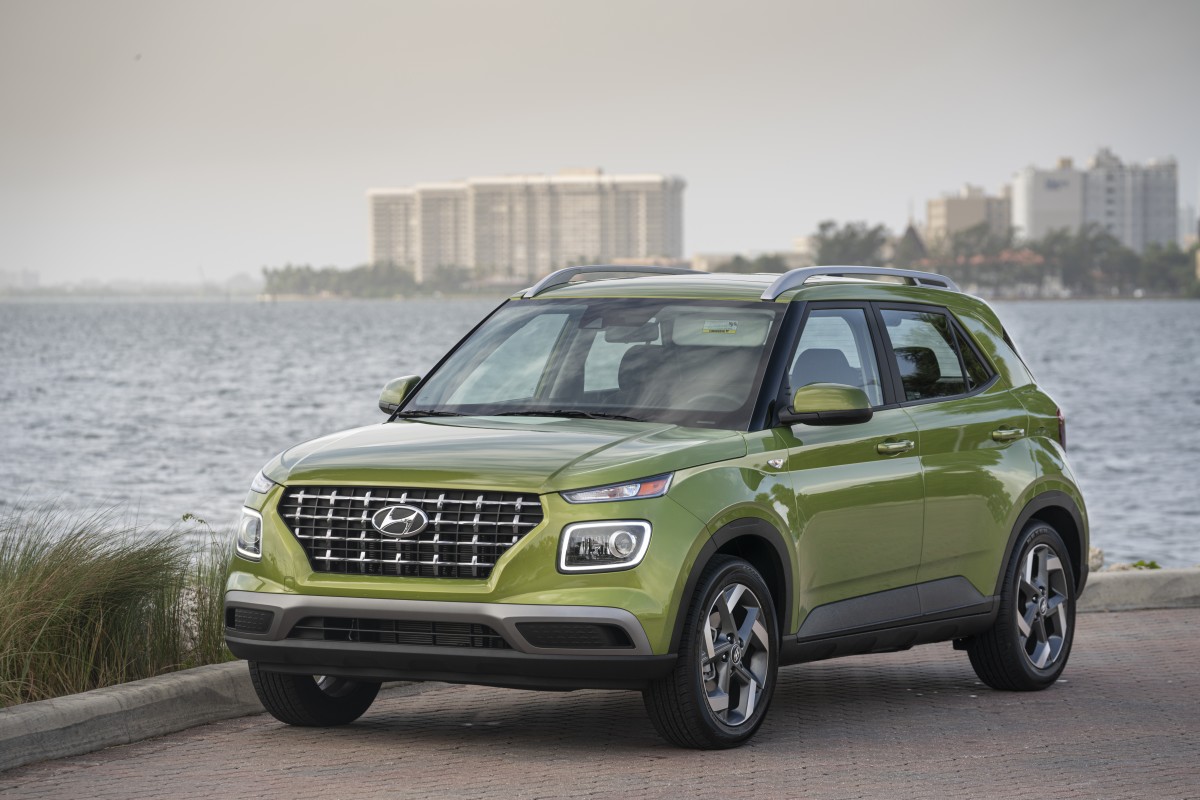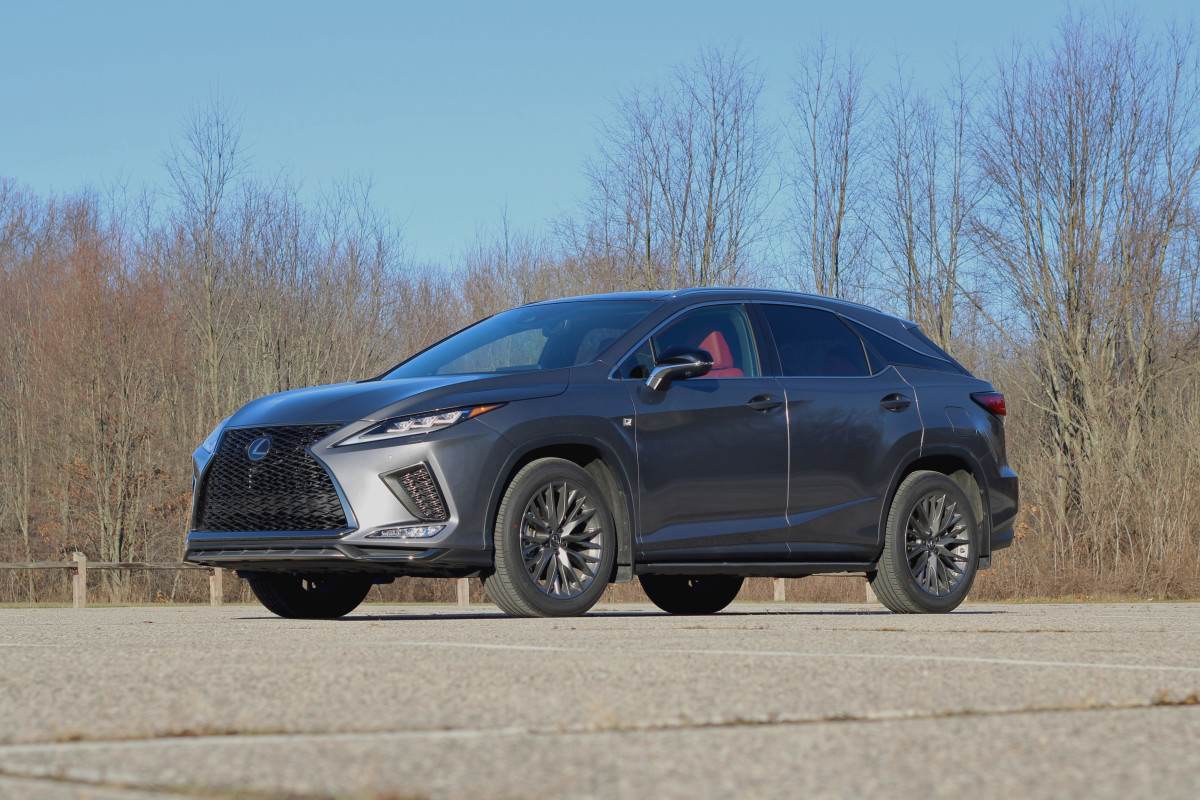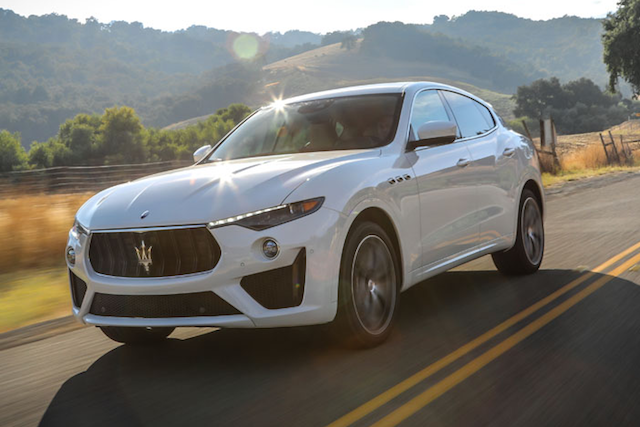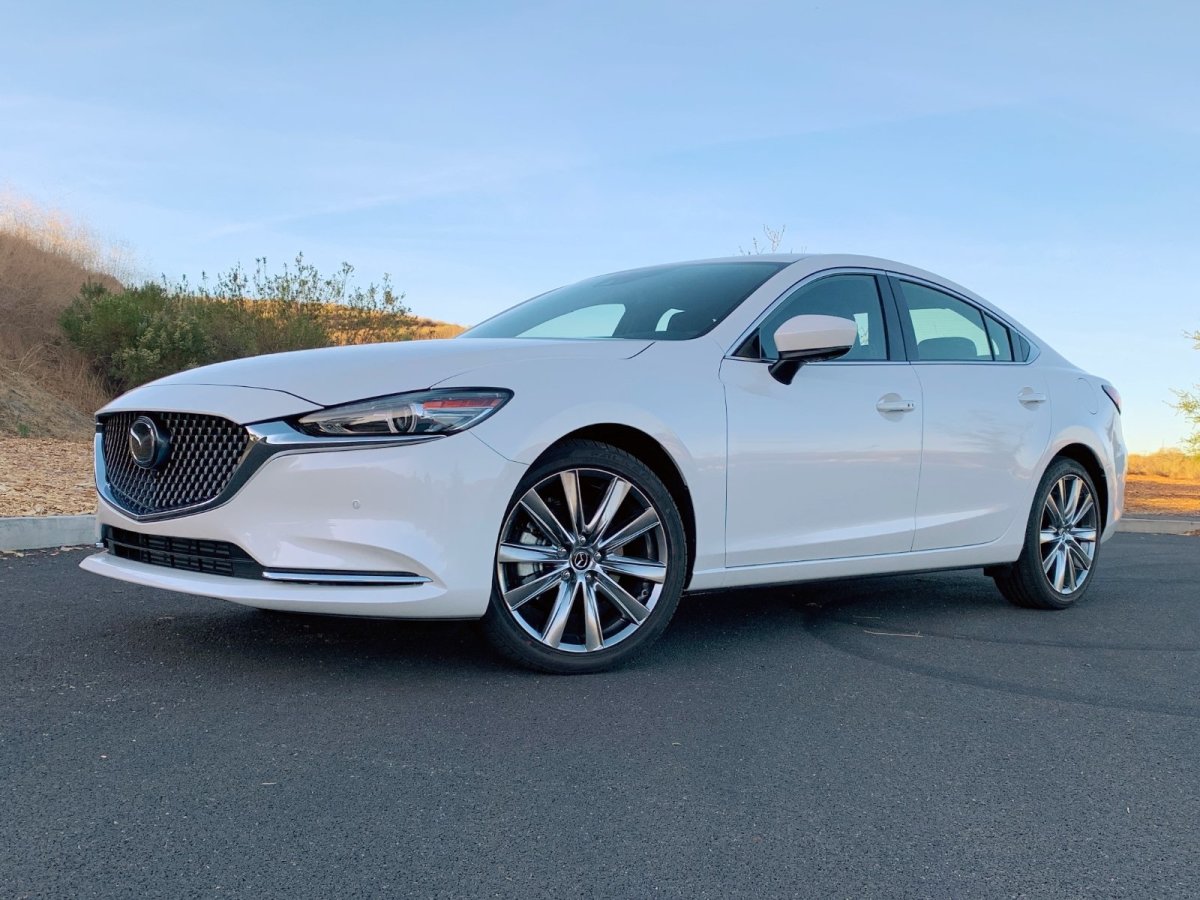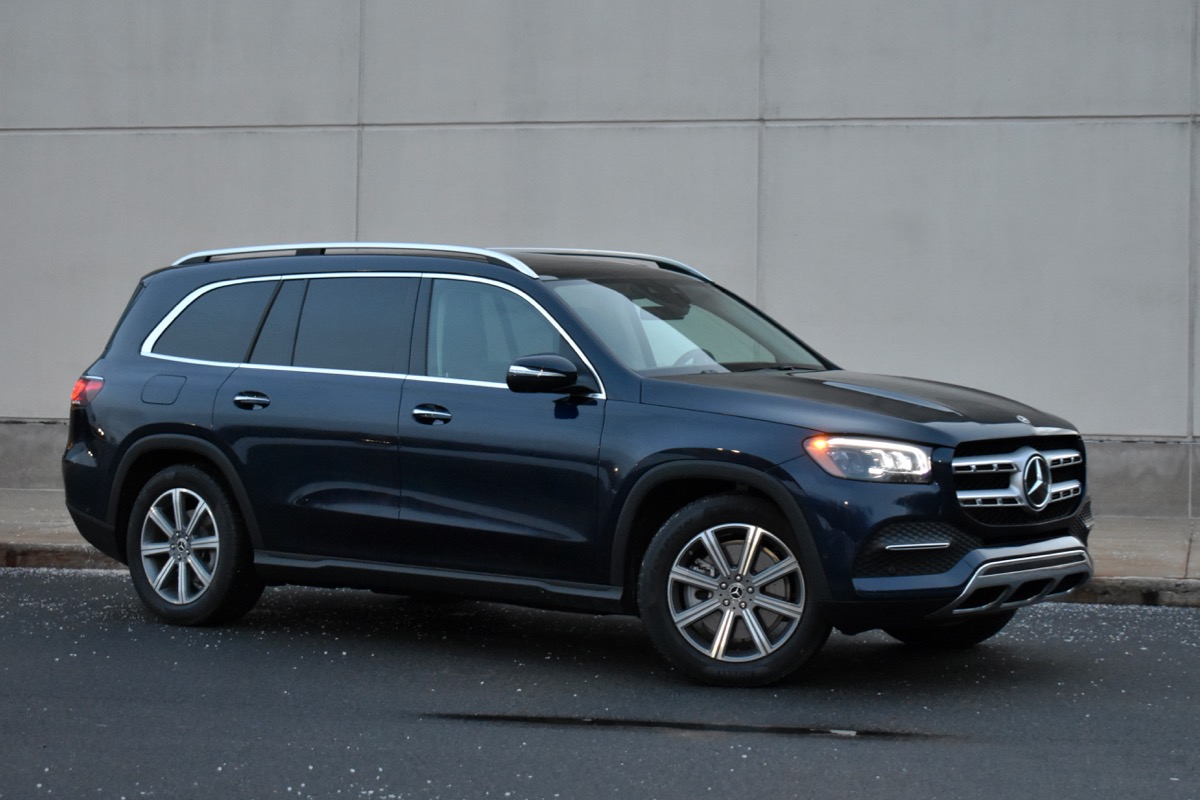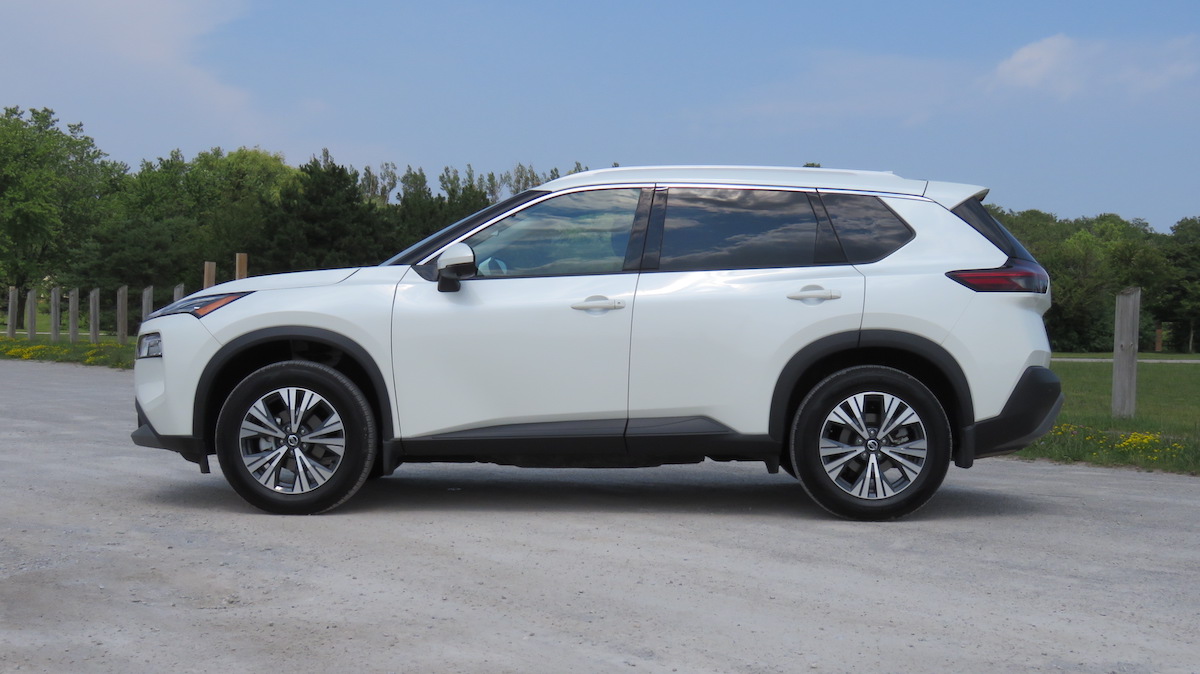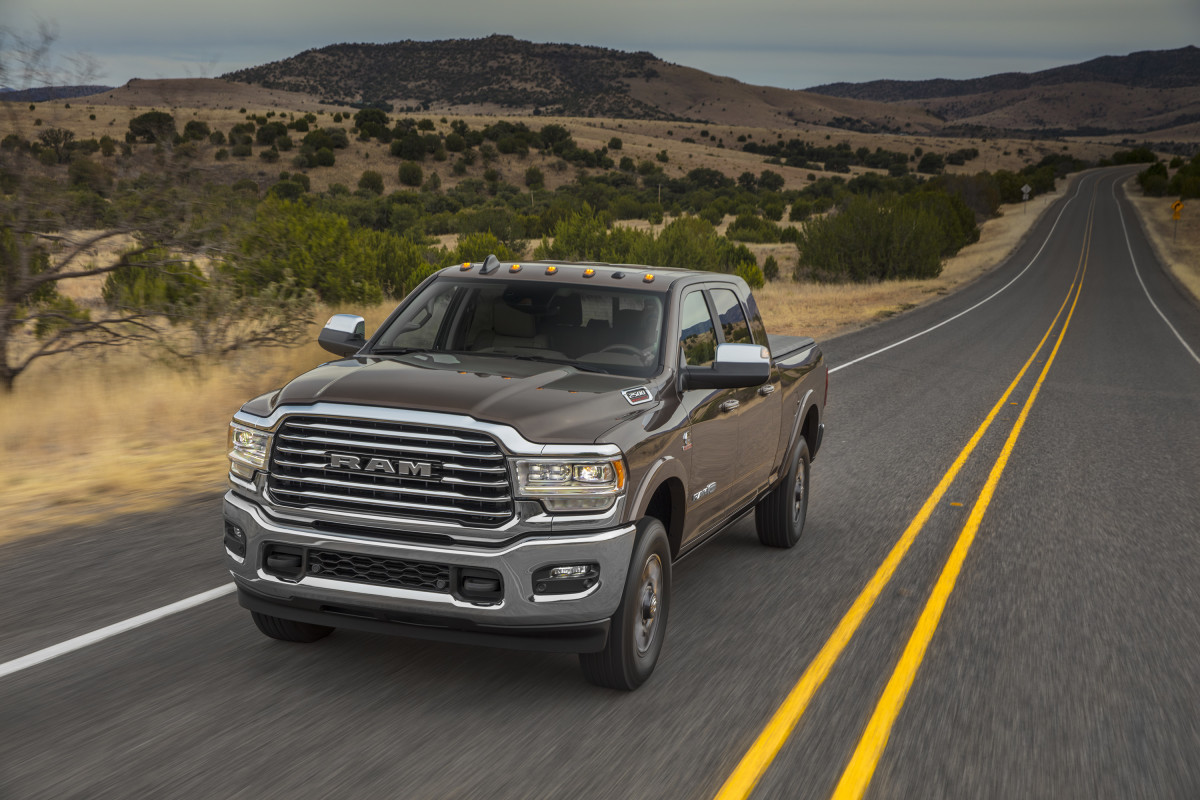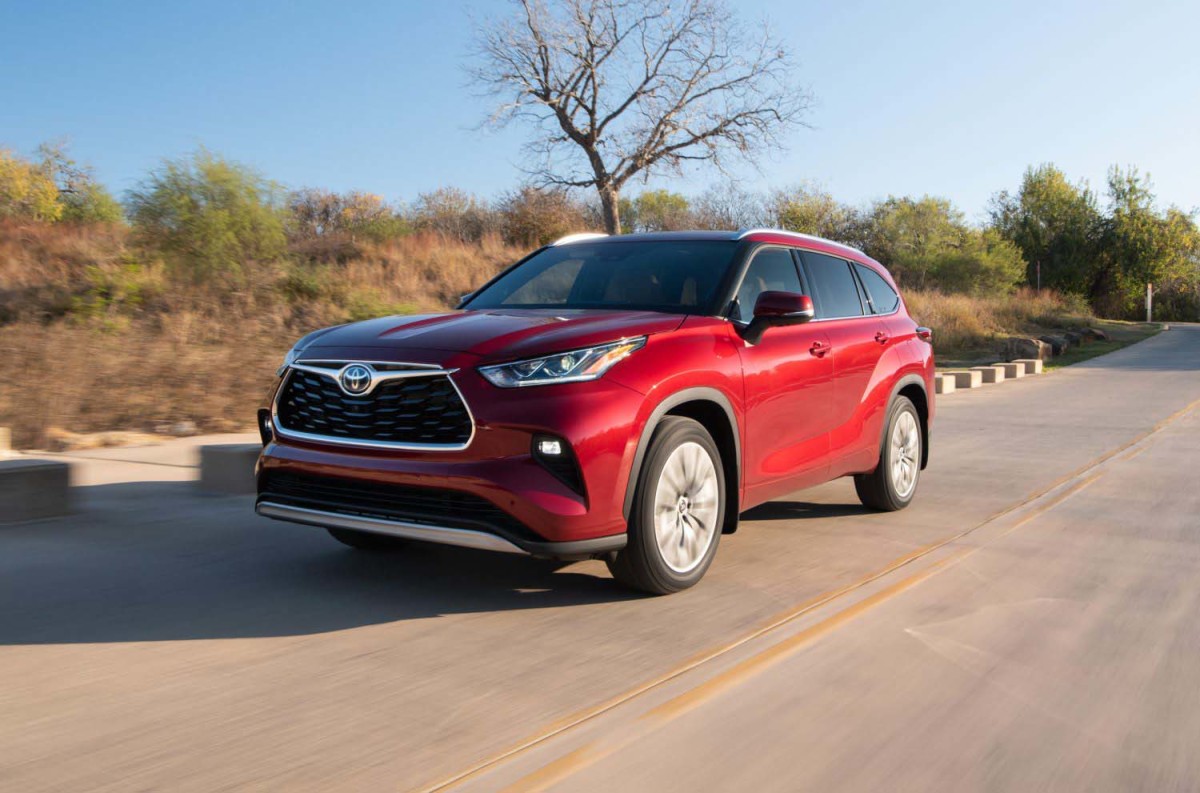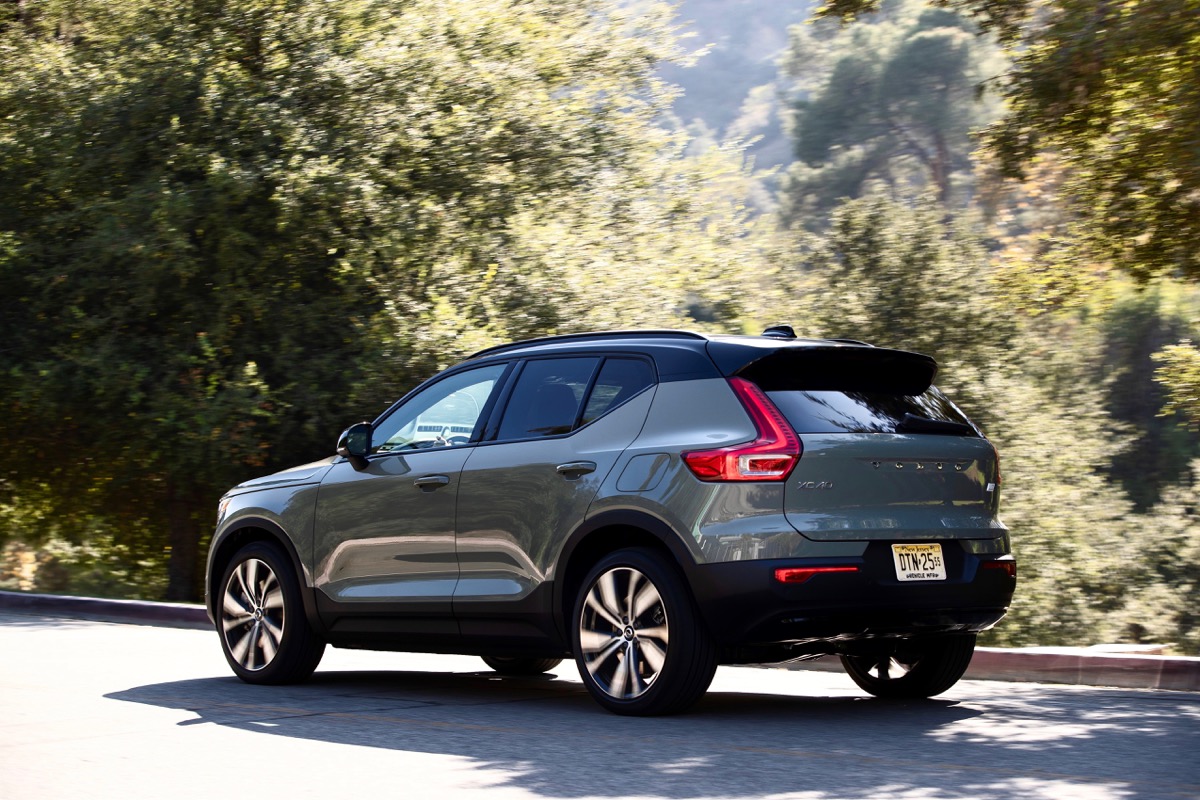If you’re in the market for a used vehicle, you may already know that used cars are rarely alike. Some are sold by new car dealers, some by resellers, and some by individuals, and they can vary dramatically in age, kilometres driven, and overall condition. Often, it’s up to the buyer to carry the burden of making sure the price is right and the vehicle is roadworthy before committing to a purchase.
Certified pre-owned vehicles are a little bit different. When a car is sold as certified pre-owned—often abbreviated to CPO—the selling dealer follows a set of rules, usually set out by an automaker at the corporate level, to ensure that the vehicle meets a standard the brand is willing to back. As a result, CPO vehicles tend to be more expensive than their non-certified counterparts, though they’re almost always priced lower than brand new vehicles while also typically coming with an automaker-supported warranty, a period of free roadside assistance, and other perks. These additional assurances can provide some peace of mind and add up to significant value relative to a typical used vehicle sale.
Search Certified Pre-Owned cars near you
What’s a CPO Vehicle? Certified Pre-Owned Cars in Canada Explained
- What is a Certified Pre-Owned (CPO) Vehicle?
- What are the Benefits of Buying CPO?
- What are the Drawbacks of Buying CPO?
- Why Search for CPO Vehicles on CarGurus?
- Canadian CPO Programs by Automaker
What is a Certified Pre-Owned (CPO) Vehicle?
A CPO vehicle is a used vehicle that an automaker is willing to back with additional assurances for its buyer such as through, for example, additional warranty coverage, extended roadside assistance, and/or other offers and services.
An automaker decides that a vehicle is right for its CPO program by prescribing a set of qualifying requirements. These can include that the vehicle is within a certain range of model years or has a limited number of kilometres on the odometer, has a clean vehicle history report from a provider such as Carfax or Carproof, and is overall in good condition as verified through a multi-point inspection and reconditioning process. Many automakers guarantee that any repairs completed as part of that inspection are performed by factory-trained technicians using factory-approved parts.
What are the Benefits of Buying CPO?
In Canada, most automaker CPO programs include some form of manufacturer's warranty. This can be as simple as transferring any new vehicle warranty that is still applicable to the new owner, or it can be as involved as an additional no-cost limited warranty that covers months or even years more than the factory warranty. Some automakers include a comprehensive warranty with their CPO vehicles, meaning that most of the vehicle’s components are covered for repairs beyond typical wear and tear, while others will offer a powertrain warranty that only covers powertrain-related components. Most programs are free of charge for owners to access, but some charge a small deductible. In most cases, automakers will offer an extended warranty on CPO vehicles at an extra cost to the buyer.
Many automakers also include 24-hour roadside assistance for CPO vehicles, often for the duration of any new vehicle and/or CPO warranties that apply to the purchase. CPO cars may also come with other special offers such as access to lower lease or financing rates through the automaker's financial services division, a SiriusXM satellite radio trial, and less commonly, perks such as a free first oil change or discounts for students or new Canadians.
In many cases, if a CPO buyer is not satisfied with the vehicle, it can be exchanged for another CPO vehicle on the selling dealer’s lot within a prescribed timeframe. The vehicle being returned typically must be within a predetermined kilometre limit—described as a 1,000-km or 1,500-km exchange privilege, for example—and in comparable condition to when it was sold, with the buyer receiving or paying the difference in price between it and the new vehicle.
What are the Drawbacks of Buying CPO?
In Canada, most automakers operate corporate-level certified pre-owned programs, but not all of them do. Most notably, FCA Canada—the subsidiary of Stellantis that oversees the Chrysler, Dodge, Jeep, Ram, and Fiat brands in our market—does not directly oversee certification in Canada and instead allows its dealerships to operate CPO programs individually. If you encounter this in your purchase process, be sure to ask plenty of questions to ensure the level of coverage you’ll receive is on par with what you would get from other programs.
In addition, not all programs are created equal. Some are more permissible in the age or condition of vehicles they will certify, and others are more limited in how long their warranty or roadside assistance coverage applies. To ensure you’re properly assessing the value of your purchase, it’s important to be clear on exactly how long these assurances will last on the vehicle you’re considering.
The CPO badge can give a false sense of security at times. There may be some mechanical or visual deficiencies that would not be caught in the inspection process, depending on how thorough it is. Always be sure to perform your own test drive and series of checks before committing to a purchase.
Why Search for CPO Vehicles on CarGurus?
At CarGurus, the vehicle search function has an additional feature that shows whether a vehicle’s price is a good deal relative to the market average. By searching for your next certified pre-owned vehicle on CarGurus, you’ll know right away whether you’re being offered a fair price.
Canadian CPO Programs by Automaker
Search Certified Pre-Owned cars near you




